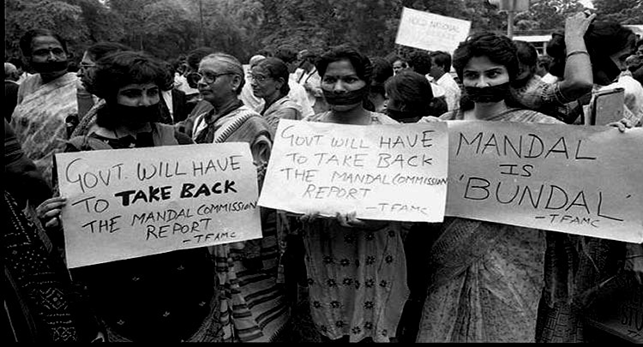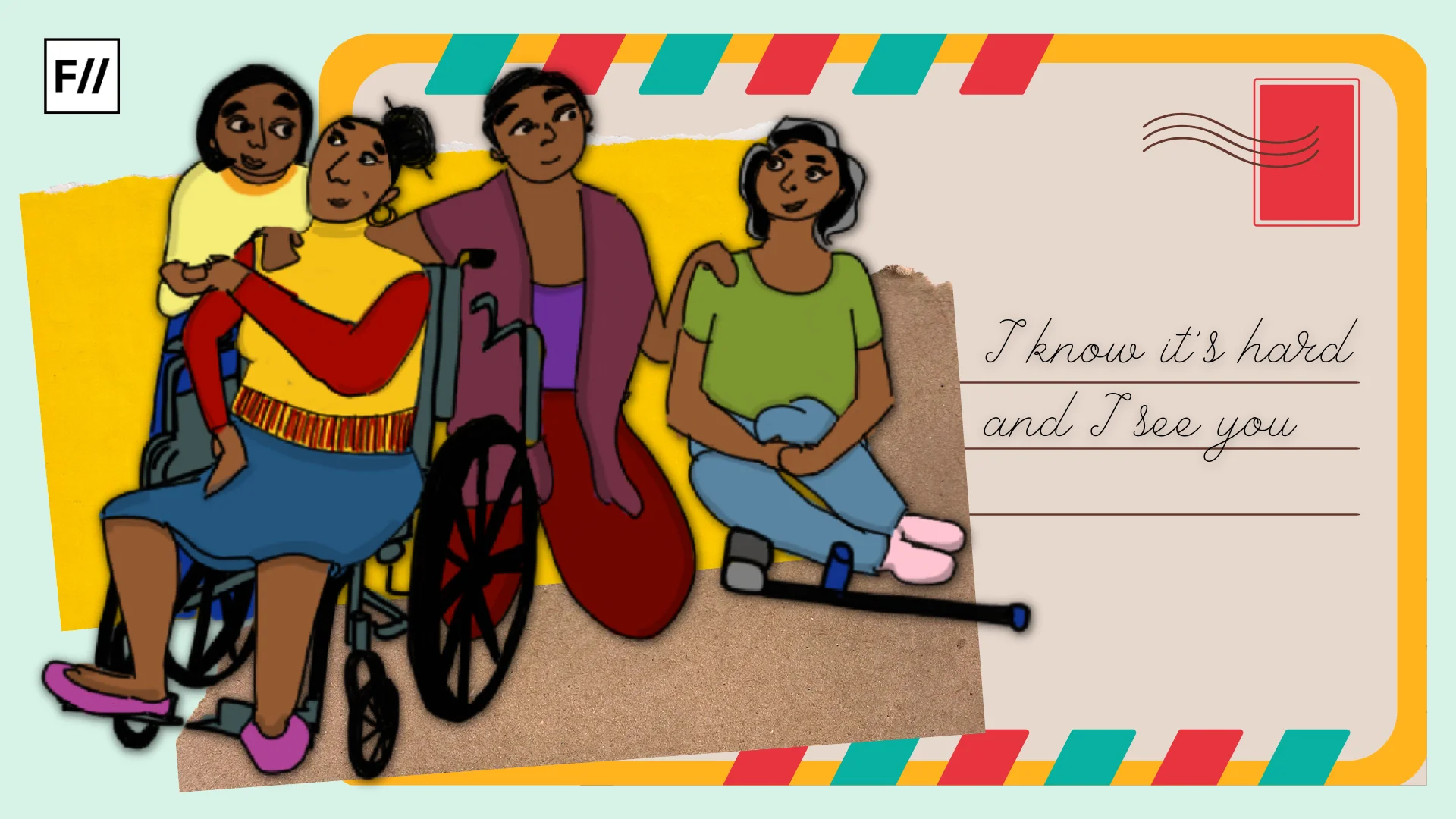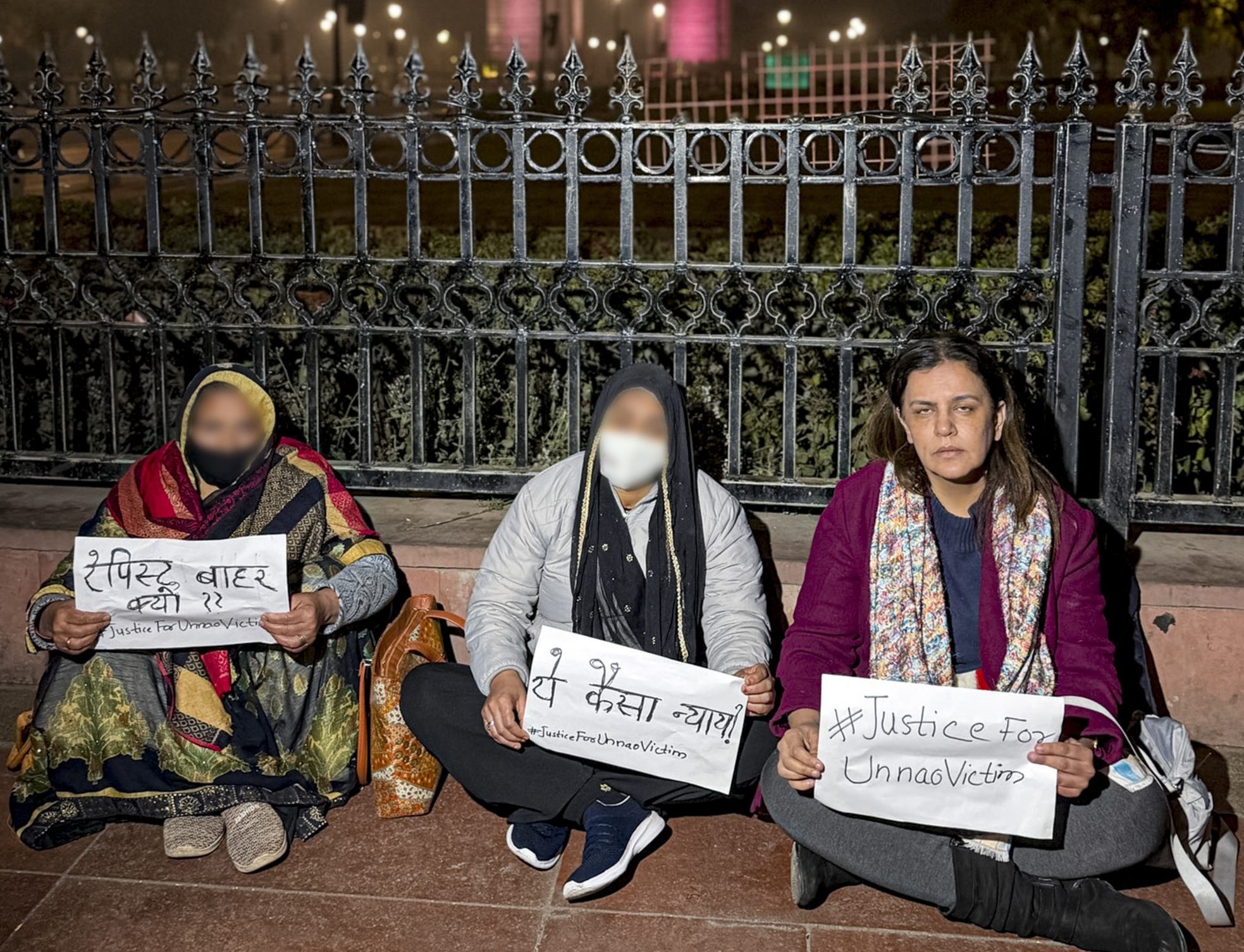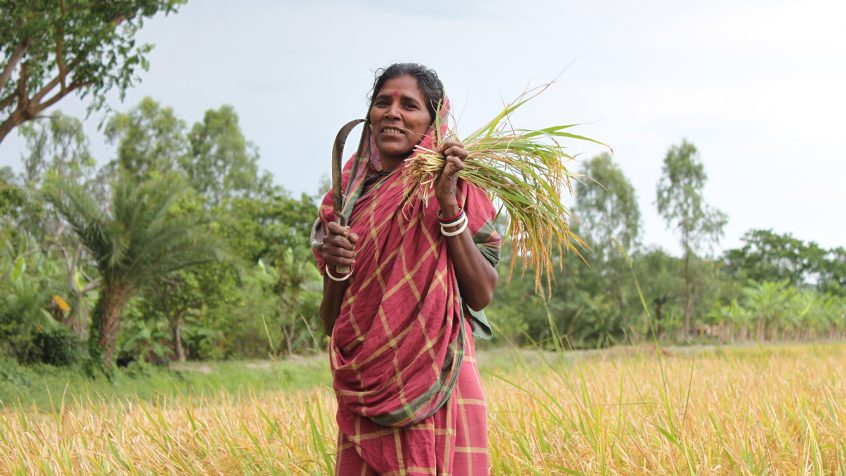Posted by Shivani Gual
The Indian government provides a ladder of empowerment to Dalits and other backward classes through positive discrimination, popularly known as “reservation”. Reservation in government-run schools, colleges, and jobs is distributed based on population percentage. The government also provides relaxation to them in the norms of various admission, employment, and promotion procedures. Approximately 17 percent (more than 201 million people) of the Indian population are Dalits or Scheduled Caste according to the 2011 census. The idea of reservation in the public sector has often received extreme backlash from unreserved categories in the country who describe the policy as unfair and unjust.
The question of whether the reservation should be in place or not is not a ‘yes or no’ question. It requires historical reading and understanding of Dalit oppression and trauma to make an opinion on the subject. The criticism of reservation is acceptable to the extent that it does not put any limitation on the economically sound section of Dalits. The fact that reservation is open for all irrespective of their financial standing can deter the real agenda behind this move-equitable distribution of opportunities and resources.

While reservation may have provided a commendable platform for Dalits to thrive in a highly competitive set-up, it has made it more difficult to remove the stigma related to caste and its prejudices. The differences between Dalits and “upper-caste” people have increased sharply to the extent that some people have started concealing their Dalit identities to avoid the ordeal of being excluded in their professional environment. Evidently, our need for social acceptance is greater than our pride and dignity.
The higher education institutes, such as IITs and IIMs, give a levelled-up platform to Dalits in terms of getting educated and finding employment opportunities. However, due to substandard primary and secondary education, they lack the personality and skills required in most of the jobs in the private corporate sector.
Also read: ‘Upper Caste’ Reservation And The Fallacy Of Income-Based Quota
The higher education institutes, such as IITs and IIMs, give a levelled-up platform to Dalits in terms of getting educated and finding employment opportunities. However, due to substandard primary and secondary education, they lack the personality and skills required in most of the jobs in the private corporate sector. Those who do not have English as a medium of communication in their early education suffer in their higher education years while competing with those who come from English-medium schools. The “excellent communication skills” that are expected from the candidates to be hired in the corporate sector are often absent in such students. The low self-confidence and a sense of inferiority leading to and produced by the under-representation of Dalits in the private corporate sector cannot be underestimated.
Despite decades of caste-based reservations in India, the presence of Dalits in the corporate sector is negligible. In the past, the government has prescribed affirmative actions for SC/ST communities to improve their representation in the private sector. Owing to the unavailability of authentic data on Dalit employees in corporate houses, it is difficult to gauge how well the “affirmative actions” have performed over the years. Almost none of the companies maintain their employee records through caste-profiling.
One of the RTI reports reveals that just 19% of the 17,000 companies had adopted the voluntary code of conduct for the affirmative action for SC/ST communities. The hesitation of corporates in giving importance to caste-based hiring comes from their preference for talent over inclusion. However, the need for inclusion is imperative. Despite higher education systems providing placement opportunities to Dalit students, their scarce presence in corporates’ higher management across the country is something to worry about.
Many of the leaders of top companies in India have been vocal about their willingness to hire on the basis of merit and academic performance instead of caste. At the same time, there are a few companies like Muthoot which ask for the caste of candidates in the application form. A study conducted in 2012 found that over 93% of the Indian Corporate board members belong to the “upper-castes”. In such a scenario, the unconscious bias of companies and especially the recruiters can hardly be ignored.
It has been observed that most of the Dalit workers in the private sector are employed at ground level and often as unskilled laborers. The absence of Dalit members in the management body directly impacts these lower level employees. Their needs and concerns, as a marginalised section, remain unheard and unresolved.
Some corporate houses have been working in the favour of SCs/STs and can be a source of inspiration for others. Tata group has been taking proactive actions for the benefit of disadvantaged sections through positive discrimination in their recruitment process without sacrificing merit. Confederation of Indian Industry (CII) has been encouraging industries to provide more executive positions to people from SC/ST groups.
Also read: What It Means To Be A Dalit Woman In Corporate India
The Union Ministry of Minority Affairs came out with a “diversity index” which measures the diversity of the workforce in an organisation. It has been found through several studies that the more diverse companies perform better financially and consumers prefer them over those that take no stand in societal issues. Consequently, many companies have now started caste-profiling their employees. The need of the hour is a conscious effort from the corporate industry for inclusive hiring and talent development rather than just a few short-term CSR activities.
Dalit entrepreneurship has suffered due to a lack of resources as well as skills. The combined support of the government and the corporate houses is needed to boost such an entrepreneurial spirit. It is crucial to fill the gaps left by the education system through systematic training and skill development.
Dalit entrepreneurship has suffered due to a lack of resources as well as skills. The combined support of the government and the corporate houses is needed to boost such an entrepreneurial spirit. It is crucial to fill the gaps left by the education system through systematic training and skill development. Business houses such as Godrej and M&M are providing training facilities as well as funds to the deprived class entrepreneurs. The government has also been talking about bringing in equal opportunity legislation in the private sector along with financing for the training costs of underprivileged meritorious youth.
The need for diversity and inclusion of Dalits in the corporate work environment is not just beneficial but rather crucial for the overall development of the economy. The upper-caste hegemony in the private sector eventually inhibits the social and cultural advancement of the organisation as well as the nation. The affirmative actions to promote diversity ought to be taken by the industry leaders so as to increase the scope of inclusion, be it due to the greed for incentives or the fear of legislation. In the end, a diverse workforce benefits all.
Featured Image Source: CorporateNetwork.Glueup
About the author(s)
Shivani is an MBA graduate from IIM Indore and pursues writing as her passion.





Shivani Gual has raised her concerns on prevailing inequality in income, wealth and assets in the Indian society. Like all educated, intelligent and progressive youths she is worried about the future of young generation of lower caste.
She knows that upper castes have exploited the lower castes through centuries and they want to maintain status quoist situation in the society.
As capital is with upper caste, mindset of corporates is anti poor. They don’t want to change hierarchy in the society due to their vested interests.
Here government should come forward and force these corporates to provide reservation to the youths of scheduled castes and scheduled tribes. Their generations have suffered a lot now its turn of society to compensate their wards.
I fully endorse the views of bold writer.